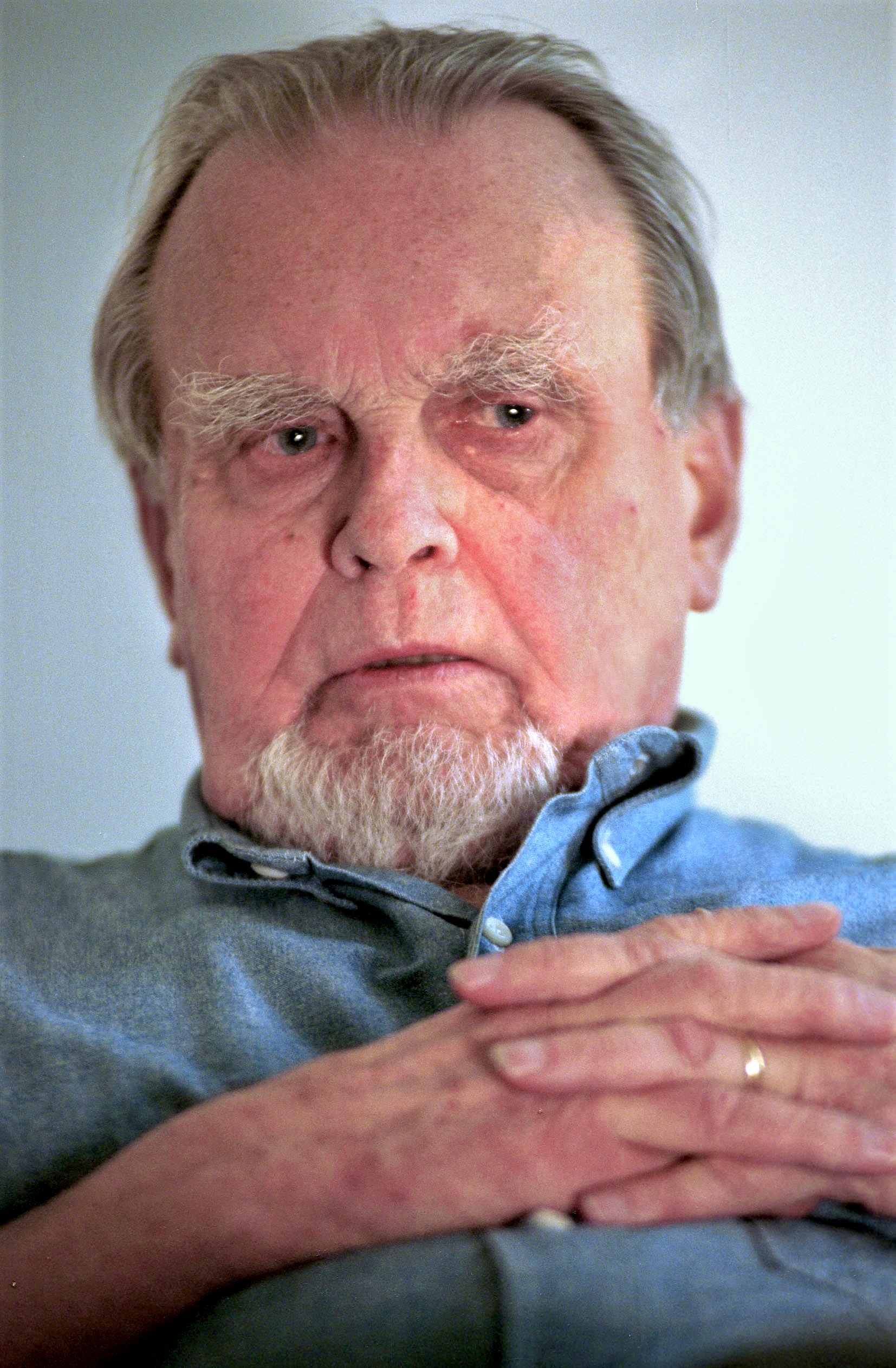The Captive Mind (1953)
Contexto: What is the significance of the lives of the people he passes, of the senseless bustle, the laughter, the pursuit of money, the stupid animal diversions? By using a little intelligence he can easily classify the passers-by according to type; he can guess their social status, their habits and their preoccupations. A fleeting moment reveals their childhood, manhood, and old age, and then they vanish. A purely physiological study of one particular passer-by in preference to another is meaningless. If one penetrates into the minds of these people, one discovers utter nonsense. They are totally unaware of the fact that nothing is their own, that everything is part of their historical formation — their occupations, their clothes, their gestures and expressions, their beliefs and ideas. They are the force of inertia personified, victims of the delusion that each individual exists as a self. If at least these were souls, as the Church taught, or the monads of Leibnitz! But these beliefs have perished. What remains is an aversion to an atomized vision of life, to the mentality that isolates every phenomenon, such as eating, drinking, dressing, earning money, fornicating. And what is there beyond these things? Should such a state of affairs continue? Why should it continue? Such questions are almost synonymous with what is known as hatred of the bourgeoisie.
